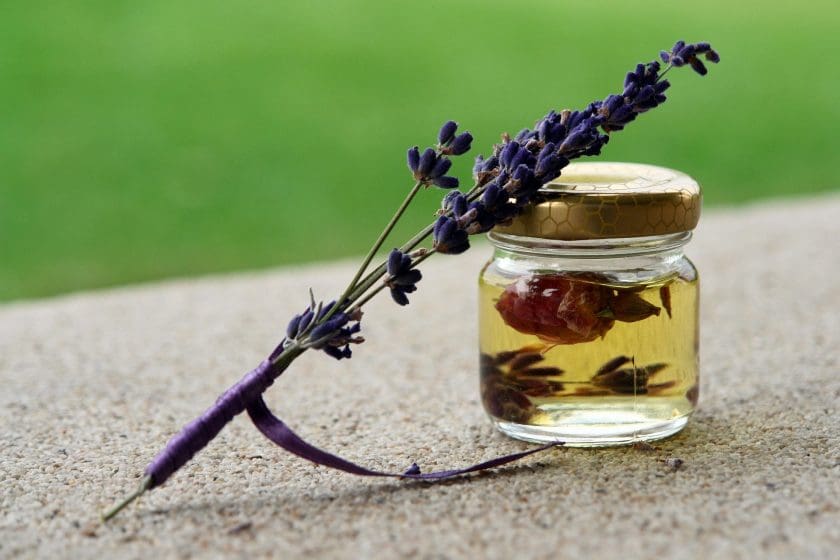
The Ancient Use of Aromatherapy
Aromatherapy has been used by humans since the beginning of time. Ancient cultures used aromatherapy for medicinal healing, for worship rituals, and for personal use. The ancients knew aromas had a significant effect upon the body, mind, and soul.
Research Shows Aromatherapy Effects the Mind and Body
Clinical aromatherapy is an alternative medicine therapy that can be beneficial in the inpatient or outpatient setting for symptom management for pain, nausea, general well-being, anxiety, depression, stress, and insomnia. Studies suggest that lavender may reduce anxiety, depression, and pain and improve sleep. Some studies have evaluated lavender for cancer and related symptoms. Lavender has several properties that may be helpful against cancer. Lavender is used regularly by healthcare providers to reduces anxiety and depression.
Lowers Stress and Anxiety
A review and meta-analysis published September 2019 in Phytomedicine combed through 90 randomized and nonrandomized studies and concluded that, in general, the reviewed studies showed inhaling or ingesting lavender essential oil (diluted and under guidance) can lower anxiety levels.
Headache and Migraine Relief
According to a review, peppermint oil can potentially help ease a headache when applied superficially around the head and temple. This may be due to menthol, the primary active ingredient in peppermint. Menthol has a cooling sensation, which is thought to have an analgesic (pain relieving) effect
Relieves Nausea
Peppermint essential oil and ginger essential oil, for example, are often used for digestive discomfort, including nausea. According to a review published in March 2018 in Alimentary Pharmacology & Therapeutics, peppermint relaxes gastrointestinal muscles and lowers inflammation that worsens nausea.
A study published in September 2020 in the Journal of Holistic Nursing revealed that inhaling peppermint oil led to significant reductions in nausea and vomiting among hospitalized patients. The results were comparable to those seen by patients who used aromatherapy and an anti-emetic (anti-nausea) medication.
Helps You Sleep
Research suggests that inhaling lavender oil may help lull you to sleep. In a review, researchers examined 15 studies, 11 of which were randomized, controlled trials, to evaluate the hypnotic effects of the inhalation of essential oils on sleep quality.
My Patients and Clients Experiences With Aromatherapy
I have used aromatherapy with my clients and patients for many years. I have found that aromatherapy is a perfect adjunct therapy for physical, psychological, and spiritual conditions. I use lavender for my people with grief, anxiety, and depression disorders. The lavender is an ancient herb with calming properties, and research shows it works for stress, anxiety, and depression.
Discover The Variety of Healing Scents
Citrus aromas, such as orange, tangerine, or lemon, are good for those with depression, chronic fatigue syndrome, and anxiety. Peppermint is great for depression and fatigue because it stimulates the mind and body. Vanilla is another scent that has a calming, peaceful effect on individuals. Lavender can reduce anxiety, depression, pain, and improve sleep.
Begin Your Personal Aromatherapy Journey
Start experiencing aromatherapy by smelling the products. Close your eyes and be aware of how your mind, body, and soul experience a particular aroma. Ask yourself how this aroma makes you feel. Purchase the smallest quantity possible to experiment with each fragrance.
You may want to begin with a body cream, a shower body wash, a candle, incense, or an essential oil. I personally suggest that a person choose a few aromas that calm and center you, and other scents that energize your senses and make you feel alive.








